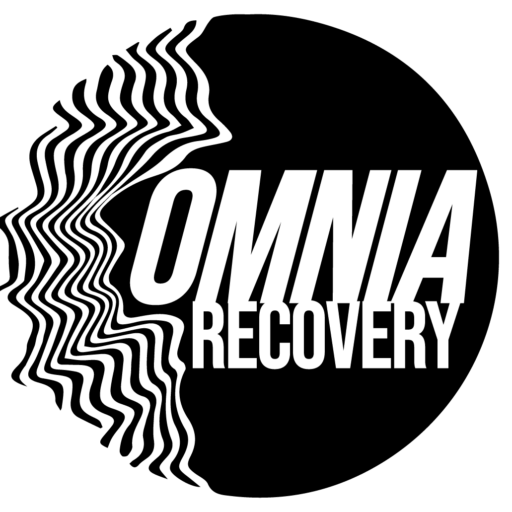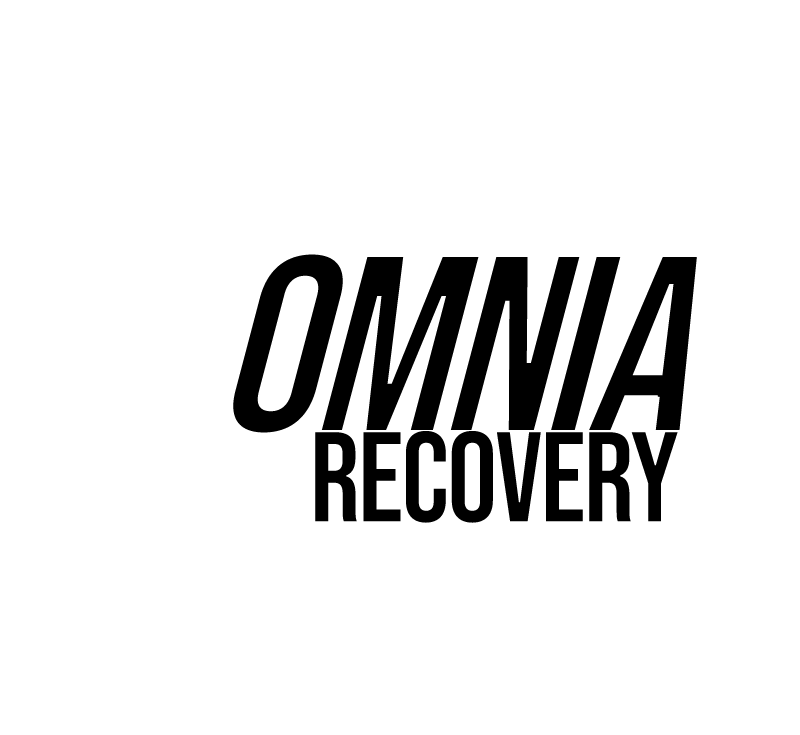Gratitude in addiction recovery can provide long-lasting benefits. Research shows that gratitude is positively correlated with increased:
- Autonomy
- Motivation
- Personal growth
- Purpose in life
- Self-acceptance
- Positive relationships
- Life satisfaction
Gratitude contributes to psychological and environmental well-being by helping reduce symptoms of depression, stress, and chronic illness and increase perception of social support, relationships, and self-esteem.
Gratitude can be helpful in addiction recovery because it can help individuals who are seeking purpose in life, acceptance for what they cannot change, positive relationships, motivation to avoid relapse, and overall life satisfaction.
Scientific Benefits of Gratitude in Addiction Recovery
Several studies have confirmed that there is a significant relationship between gratitude and happiness. The more grateful an individual is, the higher their levels of happiness are. Higher levels of happiness because of gratitude increase appreciation, reduce resentment, improve mood, and lead to better relationships.
Gratitude in Sobriety and Resilience
Researchers have found that gratitude helps build personal strength and promote resilience. Gratitude increases the ability to have a positive outlook, which, by extension, decreases depression symptoms and other mental health issues.
Gratitude and sobriety are positive traits that strengthen the ability to bounce back from adversity, adapt to new situations, and forgive others. All three of these traits can play a significant role in creating a meaningful life.
Mental Health Ties to Gratitude in Sobriety
Science has found that chronic stress can have a significant impact on mental health. However, gratitude interventions can result in a decline in stress and depressive symptoms. Taking stock of what you are grateful for on a regular basis can reduce stress and depression symptoms.
Longitudinal studies have found a substantial association between gratitude and depression, such that the more you exercise gratitude and addiction recovery, the lower your levels of depression will be.
Gratitude can actually predict levels of depression and anxiety symptoms. Gratitude does so by reversing self-criticism and replacing it with self-assurance. By relating to and accepting feelings, individuals are less likely to attack themselves because of depression or anxiety symptoms and can develop a protective psychopathology that improves their relationships with themselves and with others, increasing compassion and doing away with criticism.
Gratitude in Sobriety and Life Satisfaction
Gratitude in sobriety can have a positive effect on your levels of optimism and your self-esteem, boosting three areas of life satisfaction:
- Satisfaction in relationships
- Satisfaction with work
- Satisfaction in health
One study concluded that gratitude had a direct effect on quality of life, improving the quality of life for those people who maintained gratitude on a regular basis. That same study found that gratitude had indirect effects that boosted mental health and reduced perceived levels of stress.
Other research has confirmed that expressing gratitude has a positive prediction on life satisfaction and reduces perceived stress and depression symptoms. The higher the levels of your gratitude, the higher the levels of your life satisfaction and the lower your levels of overall stress.
Alcoholics Anonymous Gratitude
With AA, the tenth of 12 steps has to do with taking personal inventory on a regular basis and admitting where you might have done wrong. At this step, you experience honest regret for any harm that you have done because of addiction and genuine gratitude for the blessings you have received. As a direct result of this gratitude, you should find yourself willing to try to do better things tomorrow and move forward each day.
Practicing Gratitude with Omnia Recovery
At Omnia Recovery’s Thousand Oaks behavioral clinic, clients get the opportunity to practice gratitude on a daily basis. Individual and group therapy sessions during our Ventura County addiction treatment programs provide chances to reflect on behavior and automatic thoughts and look toward the future. Gratitude practices in these sessions can help individuals find purpose, set goals for future achievements, boost self-esteem, overcome symptoms of depression or anxiety, and improve relationships with others.
We also work hard to incorporate Alcoholics Anonymous gratitude by providing on-site meetings every week where individuals have a chance to foster better coping skills in relationships through support groups.
Overall, research has found that regular gratitude practices can improve every area of life, from life satisfaction to resilience. The more you practice gratitude on a regular basis, the more likely you are to be in a position to recover from setbacks, maintain a positive mood, and reduce self-criticism.Reach out to our team to learn more about gratitude practices in our outpatient rehab in Ventura County.




